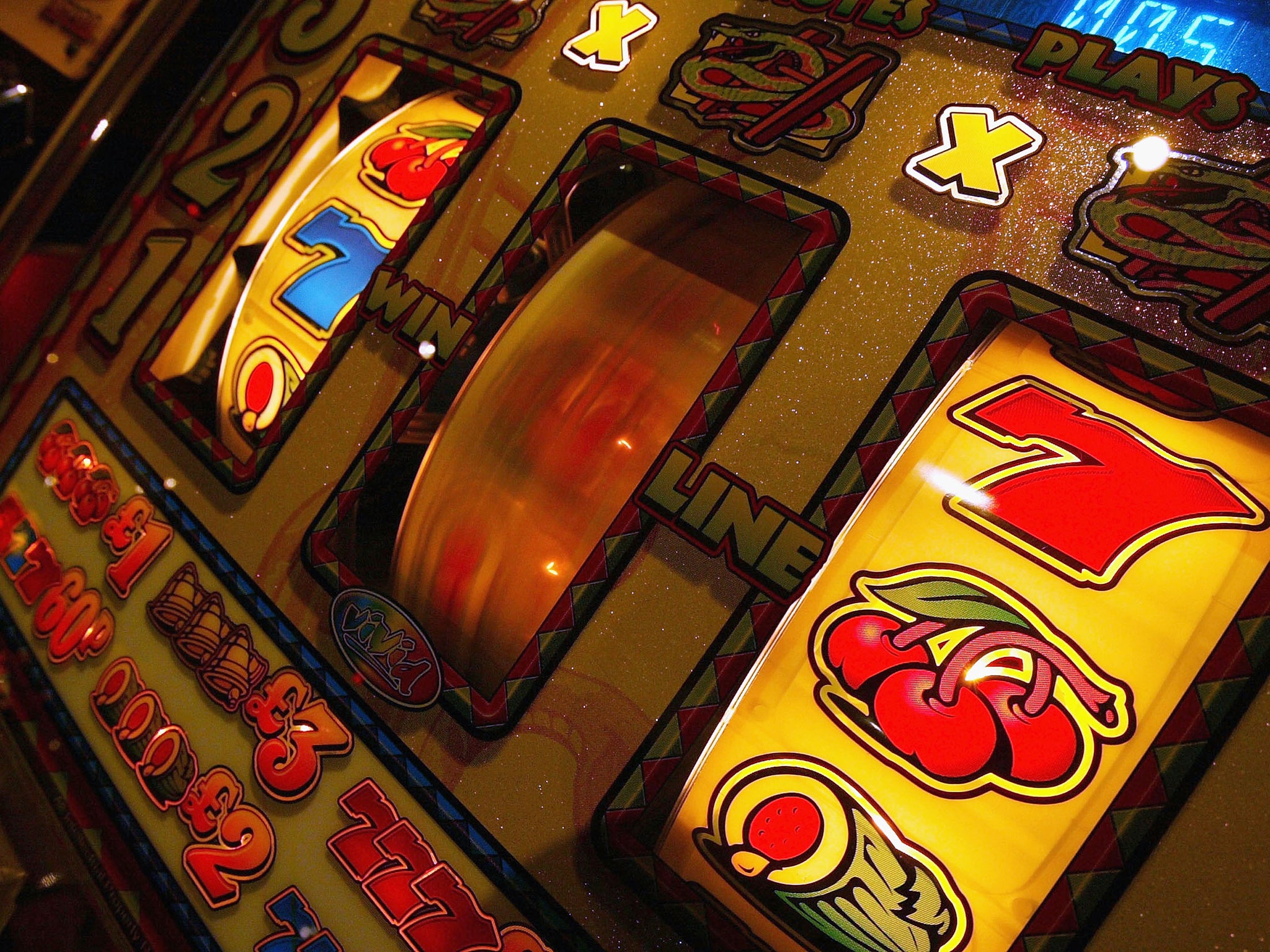Gamblers read too much into random events which leads them to make impulsive bets they are likely to lose, says study
Seeing patterns in things when they are not actually there becomes a toxic cocktail when combined with impulsive behaviour

Habitual gamblers see things the rest of us don’t, which repeatedly leads them to make impulsive bets they are likely to lose, a study has found.
Scientists said that people with a pathological gambling habit are more likely than the general public to believe they have seen non-random patterns in the things they are betting on – such as slot machines or roulette wheels.
Seeing patterns in things when they are not actually there becomes a toxic cocktail when combined with impulsive behaviour, according to a study comparing gamblers with non-gamblers.
The innate ability of the human brain to perceive non-random patterns in the natural world has been honed by millions of years of evolution but this appears to go awry in gamblers, scientists said.
This explains why gamblers can convince themselves they are on a winning streak even when rational analysis should tell them the odds are against them, they explained.
“Our results suggest that gamblers are more willing to bet impulsively on perceived illusory patterns. They are overly prone to accept random series of events as non-random – and non-random enough to be worth betting on,” said Wolfgang Gaissmaier, professor of psychology at the University of Konstanz in Germany.
“For gamblers, this misperception of randomness seems to be particularly pronounced,” he said.
The study, published in the Journal of Gambling Studies, compared 91 habitual gamblers with 70 members of the public. Both sets of people were asked to place imaginary bets on two slot machines, one with a 67 per cent chance of winning and one with a 33 per cent chance of winning.
Before the experiment began, the participants were able to make test bets on each machine which would have indicated that one of them was always going to give them a better chance of winning.
It would have made sense rationally to always place a bet on the 67 per cent machine and to ignore the other machine. However, gamblers were more likely than other people to place bets on the 33 per cent machine, believing they “knew” when a win was more likely – which is impossible for random machines.
The researchers said this is like the erroneous feeling when playing roulette that a red is “due” after five blacks, or when tossing a coin it is time for a head after a series of tails – when in fact the actual chance is unchanged at 50:50.
Join our commenting forum
Join thought-provoking conversations, follow other Independent readers and see their replies
Comments